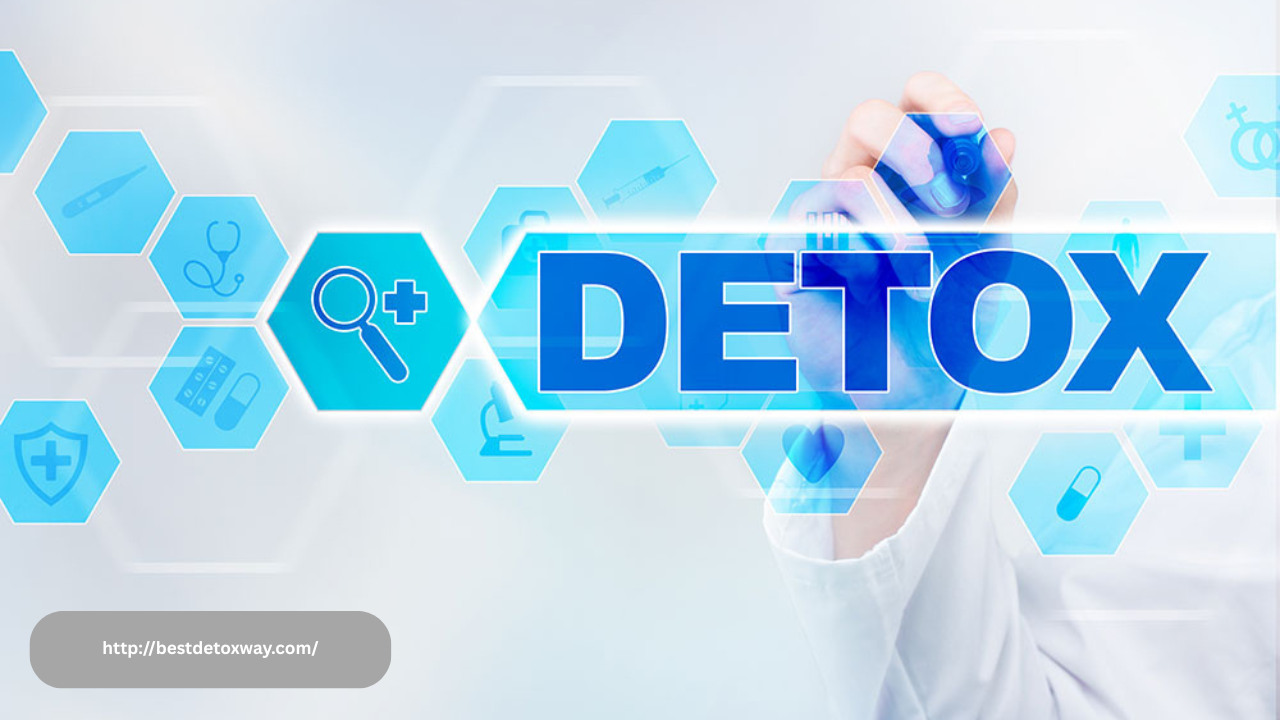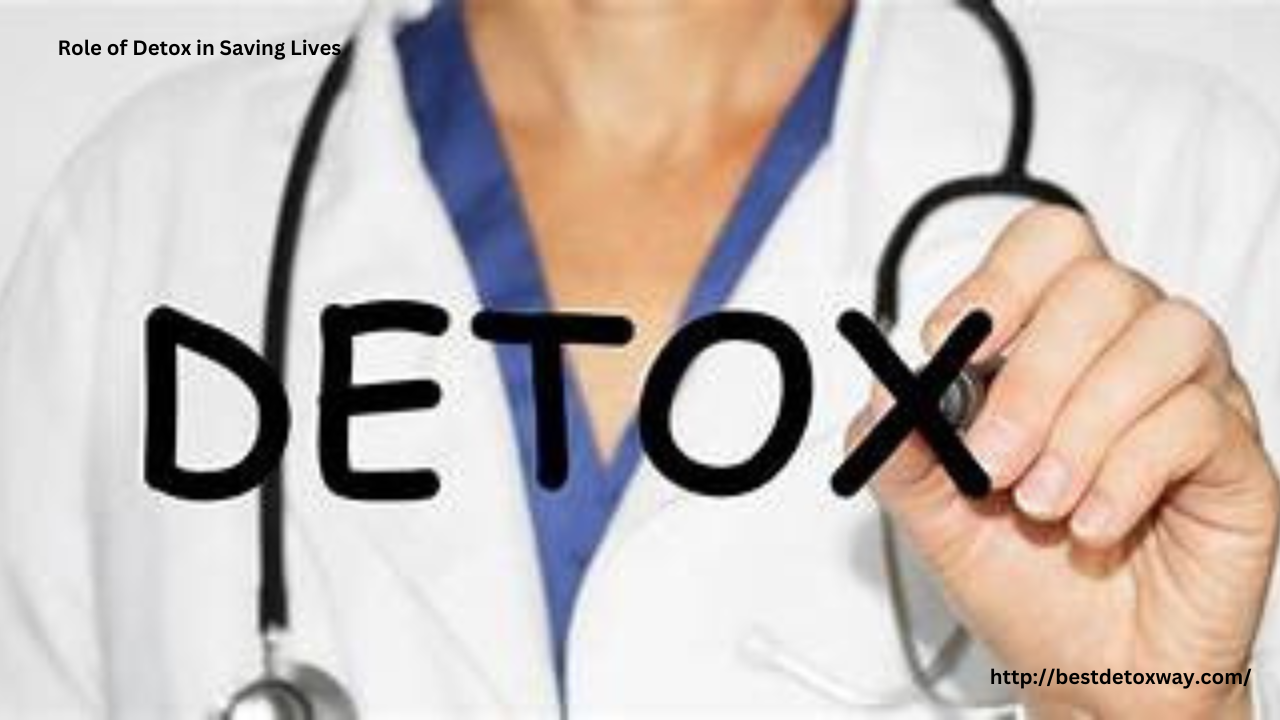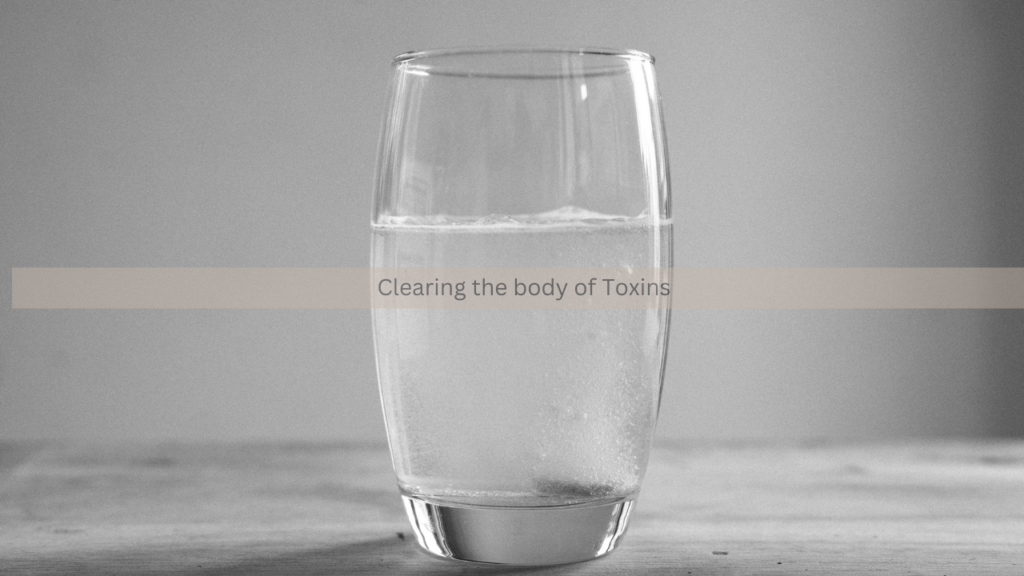The journey to long-term sobriety and a healthier life often begins with a crucial step: detoxification. Detox, the process of eliminating harmful substances from the body, is the gateway to recovery for individuals struggling with addiction. While detox alone is not a cure, it plays an essential role in preparing the mind and body for the deeper work of addiction treatment and long-term healing.
Understanding Detox as the First Step
Substance abuse alters brain chemistry and impacts every major system in the body. Over time, the body becomes dependent on drugs or alcohol to function normally. When substance use is stopped, the body experiences withdrawal, which can range from mild discomfort to life-threatening symptoms depending on the substance and severity of use.
Detox provides a medically supervised environment where individuals can safely rid their bodies of these toxins. Medical staff monitor vital signs, manage withdrawal symptoms with appropriate medications, and offer emotional support during this vulnerable phase. By stabilizing the body, detox sets the stage for individuals to begin addressing the psychological aspects of addiction.
Creating a Strong Foundation for Recovery
One of the most significant benefits of detox is the sense of clarity it provides. During active substance use, decision-making and cognitive function are impaired. Detox helps clear the fog, allowing individuals to regain focus, emotional balance, and mental sharpness. This improved mental state is crucial for fully engaging in the next phases of treatment, such as counseling, group therapy, and skill-building.
Without detox, the mind remains clouded, and the physical discomfort of withdrawal can be too overwhelming to tackle deeper emotional or behavioral issues. By addressing the immediate physical dependence, detox helps individuals gain the stability they need to commit to their recovery goals.
Preventing Relapse During the Critical Early Phase
The early days of sobriety are often the most difficult. Cravings, anxiety, and physical withdrawal symptoms can quickly lead to relapse without the proper support. Detox programs provide a structured environment where access to substances is restricted, reducing the risk of early relapse.
Furthermore, many detox centers begin integrating therapeutic interventions even during the detox process. These early interventions build motivation and create a sense of momentum, helping individuals transition smoothly into comprehensive addiction treatment programs.
Supporting a Healthier Future
Detox also sets the tone for a healthier lifestyle. During detox, individuals are often introduced to healthier routines such as balanced nutrition, regular sleep, and mindfulness practices. These habits can be carried into ongoing recovery, promoting overall well-being and resilience against future triggers.
In addition, detox can help uncover underlying medical or mental health conditions that may contribute to substance use. Addressing these co-occurring issues early ensures that the full scope of a person’s needs is considered in their recovery plan.
Conclusion
Detox is more than just a physical cleanse—it is a powerful starting point for a lifelong journey of recovery and wellness. By offering safety, support, and clarity, detox lays the foundation for lasting sobriety and a brighter, healthier future. For anyone ready to reclaim their life from addiction, detox is the first step toward hope and healing.









